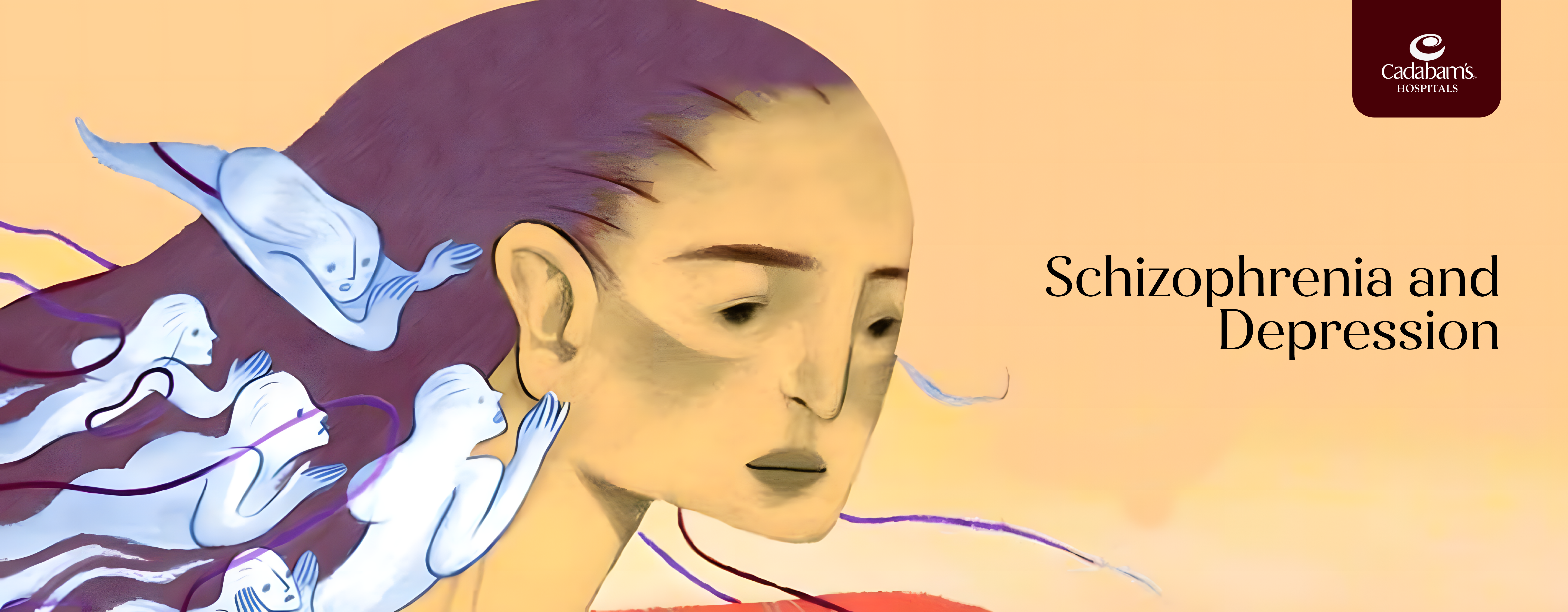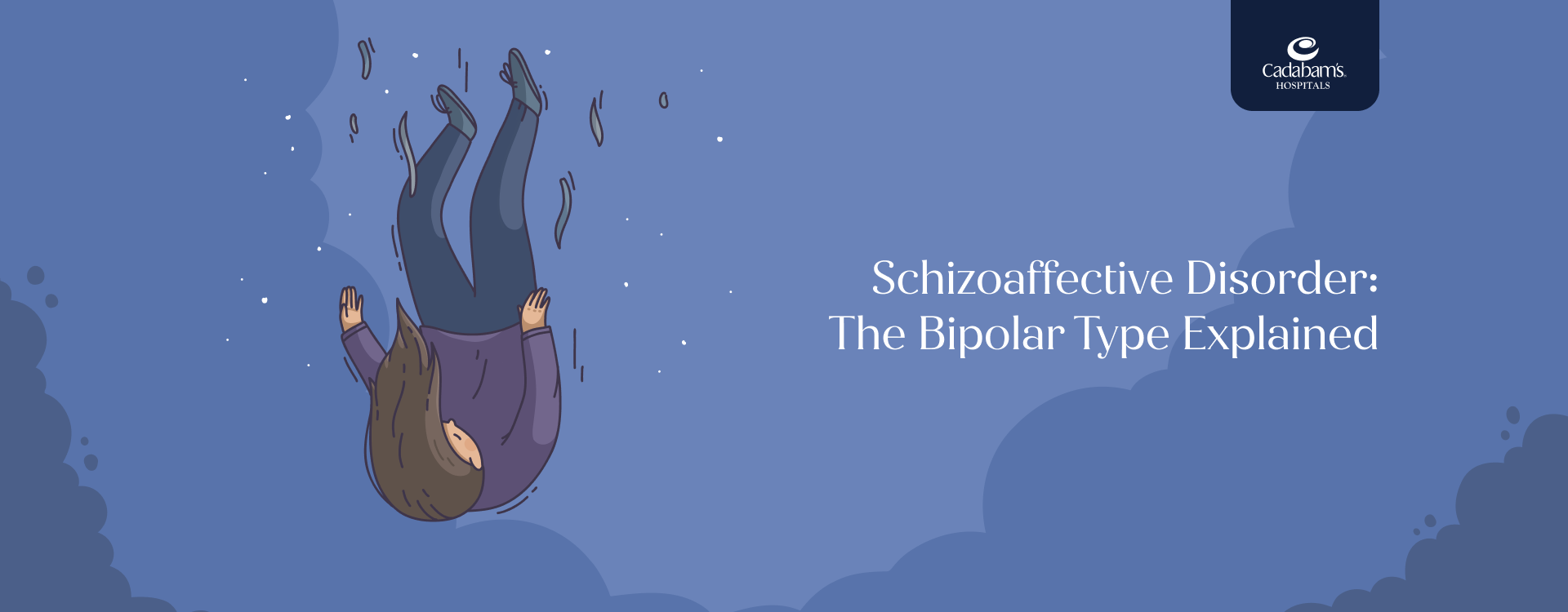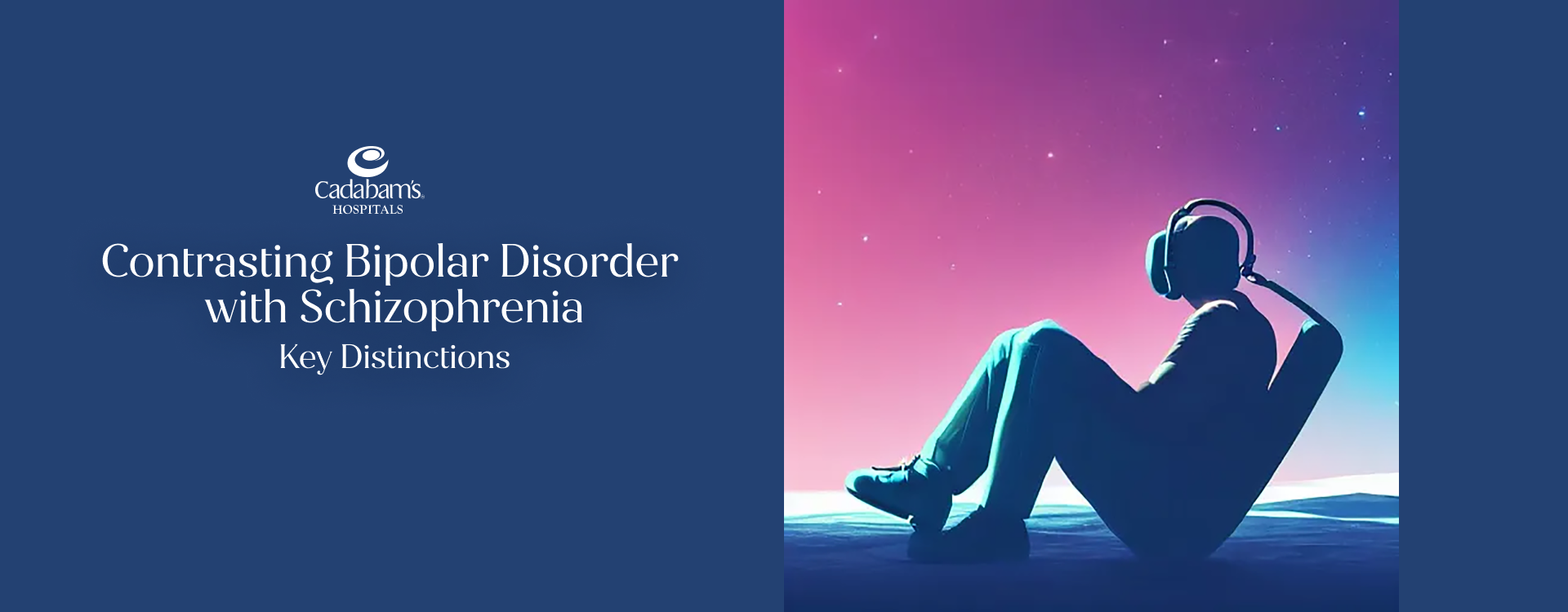What is Neurofeedback Therapy?
Electrodes are placed on the head during neurofeedback therapy to guide cognitive processes. After that, they can see how their brain reacts to different stimuli from a therapist. In addition to other things, this is useful for treating audio-visual hallucinations.
The Science Behind Neurofeedback
Schizophrenia’s most prevalent symptoms are delusions and hallucinations. Therefore, neurofeedback for schizophrenia uses computer-based applications to trace a person’s brain activity. To assess patients’ reactions, the therapist or mental health professional will induce a specific neuronal event in a controlled environment.
Patients become aware of their reactions due to the replies shown on the graph. Professionals will assist them in better understanding their responses, as they may be unaware of half of them.
Neurofeedback vs. Traditional Therapies
Neurofeedback is a relatively new technique, and research on it is still in progress, but it has proven to be very successful in tracking brain activity. The standard course of therapy is medication, which may have complications. For people who are looking for a non-invasive, non-medication treatment option, neurofeedback is ideal. Only after evaluating each patient’s condition may mental health professionals recommend the best course of action.
Safety and Efficacy of Neurofeedback
Neurofeedback is a method carried out by registered specialists in a controlled setting using cutting-edge technology. It is a non-invasive treatment and brain training method that is usually considered safe and has few side effects. It can accurately represent a patient’s brain responses. When side effects arise during therapy, they are often minimal and dissipate within 24 to 48 hours.
Get Schizophrenia Diagnosed in Hyderabad
Getting the right diagnosis and treatment is essential for treating schizophrenia. Cadabams Hyderabad can help you with neurofeedback for schizophrenia. Our qualified mental health professionals and cutting-edge infrastructure provide neurofeedback therapy. You may be advised to undergo various diagnostic procedures to rule out other health issues and avoid misdiagnosis. Your treatment plan will be personalized to your specific needs as part of our holistic care.
Neurofeedback Therapy in Treating Schizophrenia
Real-time brainwave monitoring is used in neurofeedback therapy to help patients learn to control their brain activity, enhance cognitive performance, and lessen symptoms.
Mechanism of Neurofeedback in Schizophrenia Treatment
People with schizophrenia typically have abnormal brainwave patterns, therefore neurofeedback assists in treating schizophrenia by keeping the brain’s ability to develop healthy brainwave patterns. This aids in the regulation of their mood and may also entail stepping up activities in some areas while cutting back on others to enhance symptom management and lessen the intensity of symptoms.
Customizing Neurofeedback for Individual Needs
Since each person with schizophrenia presents with symptoms in different ways, neurofeedback therapy must be tailored to meet each patient’s specific needs. After evaluating each patient, the mental health specialist will design a personalized treatment plan based on the patient’s symptoms and brainwave patterns.
Integrating Neurofeedback with Other Treatments for Schizophrenia
While neurofeedback successfully lowers symptoms, it is only utilized as a supplemental strategy alongside medicine and psychotherapy, not as a stand-alone treatment plan. Its effectiveness can be boosted when combined with other therapies, and patients may benefit from a more all-encompassing treatment approach that addresses symptom management, functional improvement, and preventive measures.
What to Expect in a Neurofeedback Therapy Session for Schizophrenia
Since schizophrenia is a complicated mental illness, a person who has it will first need to undergo some tests to rule out any underlying medical conditions. During a neurofeedback therapy session, the therapist can use electrodes on your scalp to track your brainwaves. You will partake in brain-regulating activities, such as watching movies or listening to music.
Why Choose Neurofeedback Therapy for Schizophrenia Treatment?
Neurofeedback has distinct advantages over psychotherapy and medication, which are commonly used to treat schizophrenia and can greatly enhance a person’s quality of life. For people who wish to have access to non-invasive, non-medicated therapy choices, this is an excellent choice. It lessens a variety of symptoms, including sadness, anxiety, and sleep issues.
The Benefits of Neurofeedback Therapy for Schizophrenia Patients
Each treatment option offers something different from the others, and neurofeedback therapy also has its perks.
Improving Cognitive Function and Symptom Management: This form of therapy helps in tracing your neural responses to certain situations, which fuel your symptoms. It equips individuals to train their brains to operate in more optimal states, eventually improving memory and attention. These improvements can help them manage their daily lives and can potentially reduce the severity of symptoms like hallucinations and delusions.
Enhancing Emotional Regulation: People with schizophrenia have difficulty managing emotions and when faced with difficult emotions, they are often left without the correct tool. Neurofeedback helps people to regulate their emotions better, reduces symptoms, and improves overall well-being.
Long-term Outcomes of Neurofeedback Therapy: Even though it’s a newer treatment option, it provides the necessary help that supports long-term recovery by improving symptoms and quality of life.
Find the Best Rehab Center for Schizophrenia in Hyderabad
It’s not just about seeking any rehab center for schizophrenia; it’s about finding one that can provide all the necessary support and interventions. If you are in search of the best rehab center for schizophrenia in Hyderabad, consider those that offer a personalized and holistic approach. Emphasize centers that have experienced and qualified professionals who can provide medication management, therapy, and other social support.
Our professionals at Cadabams Hyderabad are well-equipped to provide a comprehensive treatment plan that supports long-term recovery and improves overall well-being.
Why Choose Cadabams?
With over three decades of experience in the mental health field, our multidisciplinary team understands that individuals with schizophrenia exhibit symptoms differently and, therefore, provides a personalized treatment plan that perfectly aligns with their specific symptoms.
Our Expertise in Neurofeedback and Mental Health for Schizophrenia
Our experienced and skilled experts assess individuals struggling with schizophrenia and provide neurofeedback therapy that caters to their unique needs. Our treatments are planned to make them feel comfortable throughout the procedure.
State-of-the-Art Facilities in Cadabams for Schizophrenia
Cadabams Hyderabad offers advanced facilities that are equipped to provide therapy like neurofeedback in a controlled and safe space. This ensures swift and effective assistance.
Commitment to Holistic Treatment and Recovery for Schizophrenia
Schizophrenia, due to its complex nature, requires a carefully crafted treatment plan. We offer a supportive and non-judgmental environment to foster progress at each individual’s pace through our holistic approach.
Continued Care and Follow-Up Programs for Schizophrenia
Our post-rehabilitation programs aim to provide continued care for individuals with schizophrenia, equipping them with various skills to manage their symptoms in an uncontrolled environment.
FAQ
Can Neurofeedback help with Schizophrenia?
Yes, neurofeedback can profoundly reduce schizophrenia symptoms and improve overall well-being. They are quick and safe.
How long does a Neurofeedback treatment session last for Schizophrenia?
30–40 sessions are usually needed in neurofeedback therapy, which is spread over 2-3 sessions per week. Often, the effects can be visible from the 10th session onward.
Who is eligible for Neurofeedback therapy?
When individuals with schizophrenia have not responded well to other or traditional treatment options like medications and psychotherapies, neurofeedback therapy is incorporated into the treatment plan to reduce the symptoms.
Is Neurofeedback safe for treating Schizophrenia?
Neurofeedback is a non-invasive and non-medicated treatment that is safe and can address schizophrenia symptoms effectively. It is performed in a controlled space to avoid any complications.
Is neurofeedback safe?
Neurofeedback is a non-invasive treatment and a type of brain training that is generally regarded as safe and has few negative effects. When adverse effects do occur, they are usually mild and disappear within 24 to 48 hours.
How many sessions of neurofeedback is needed for schizophrenia?
A typical course of neurofeedback therapy needed is around 30-40 sessions spread over 2-3 sessions per week and the effect can be seen from 10th session onwards generally.














 Available
Available



















